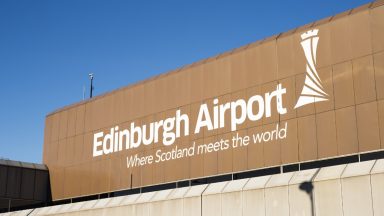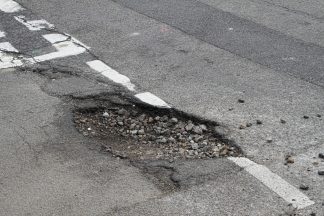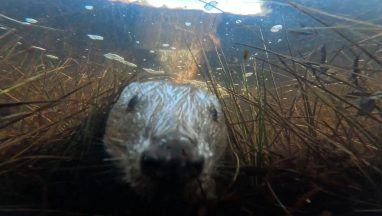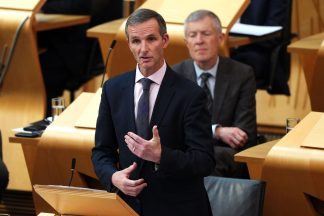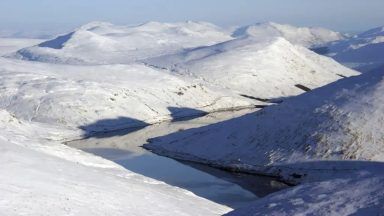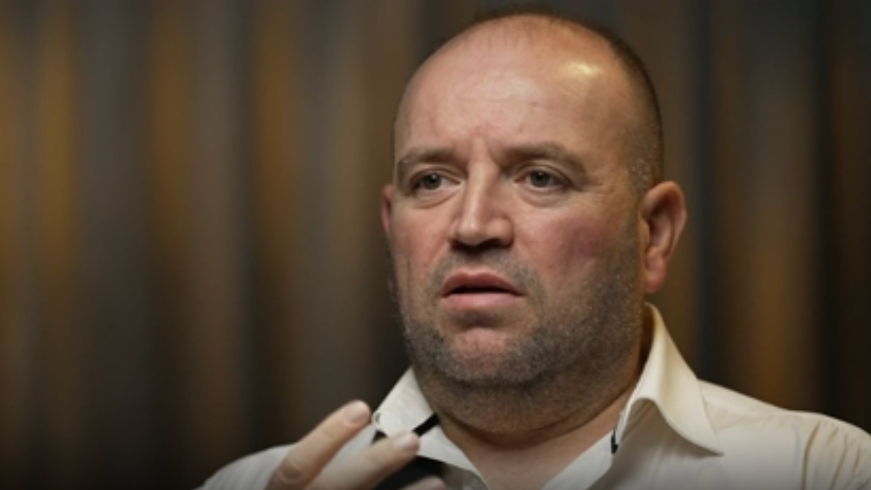Teacher strikes in Scottish schools are set to continue into next year after one of the largest education unions failed to reach a pay deal.
Educators will walk out of classrooms on January 10 and January 11 in the long-running dispute after overwhelmingly voting to back action in a recent ballot involving members of the Educational Institute of Scotland (EIS).
All schools across Edinburgh and Glasgow will close on Thursday, November 24 as part of the first wave of industrial action.
Primary and special schools will join early years colleagues on the first day of strikes on January 10, with secondary schools walking out on January 11.
The Scottish Secondary Teachers’ Association has also voted in favour of strike action but is yet to announce a date.
It comes after educators rejected a 5% wage rise despite inflation hitting a 40-year high of 12.6% and marks the first time since 1985 they have undertaken strike action over pay.
The union’s general secretary said the ball “was in the court” of the Scottish Government and the Convention of Scottish Local Authorities (COSLA) to return to the negotiating table with a “fair offer” during the next negotiating period – which will run until the Christmas break.
However, she accused the latest offer of going “round the houses” without any significant improvement of terms.
She added: “Scotland’s teachers – and Scotland’s young people – deserve far better from COSLA and the Scottish Government.
“It is extremely disappointing that today’s meeting of the extended joint chairs of the Scottish Negotiating Committee for Teachers did not result in any new offer.
“Instead, this meeting – requested at short notice by the Scottish Government – seems to have been called simply to make it appear as though talks are progressing.
“This meeting simply went round the houses in areas that have been covered many times before, with still no improvement to the 5% offer that Scotland’s teachers overwhelming rejected in a ballot some three months ago.”
Deputy first minister John Swinney warned on Thursday that increasing public sector pay will result in spending cuts.
He previously said the Scottish Government “had nowhere else to go” when it came to a new pay offer, despite rising inflationary pressures.
“We’ve been very clear that in this financial year – because in the budget statement there is no new money for this financial year – I have no unallocated resources,” he said after UK chancellor Jeremy Hunt unveiled his Autumn Statement.
“If I want to put any more money into a public sector pay deal, beyond what’s already on the table, I have to cut public expenditure and public services.”
Follow STV News on WhatsApp
Scan the QR code on your mobile device for all the latest news from around the country


 iStock
iStock






